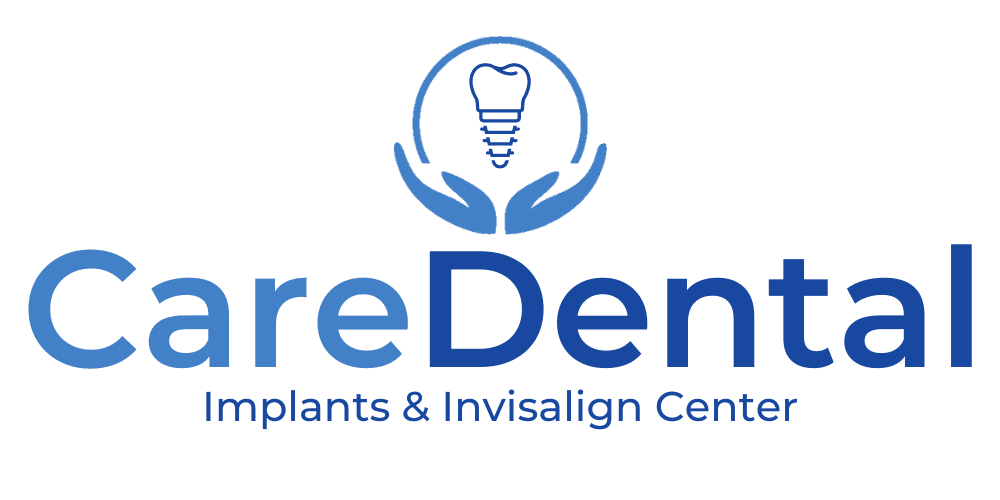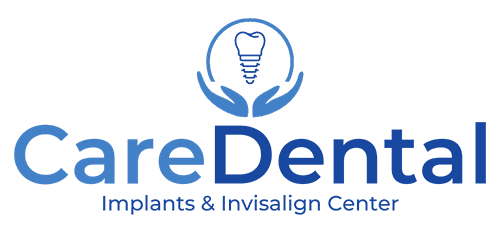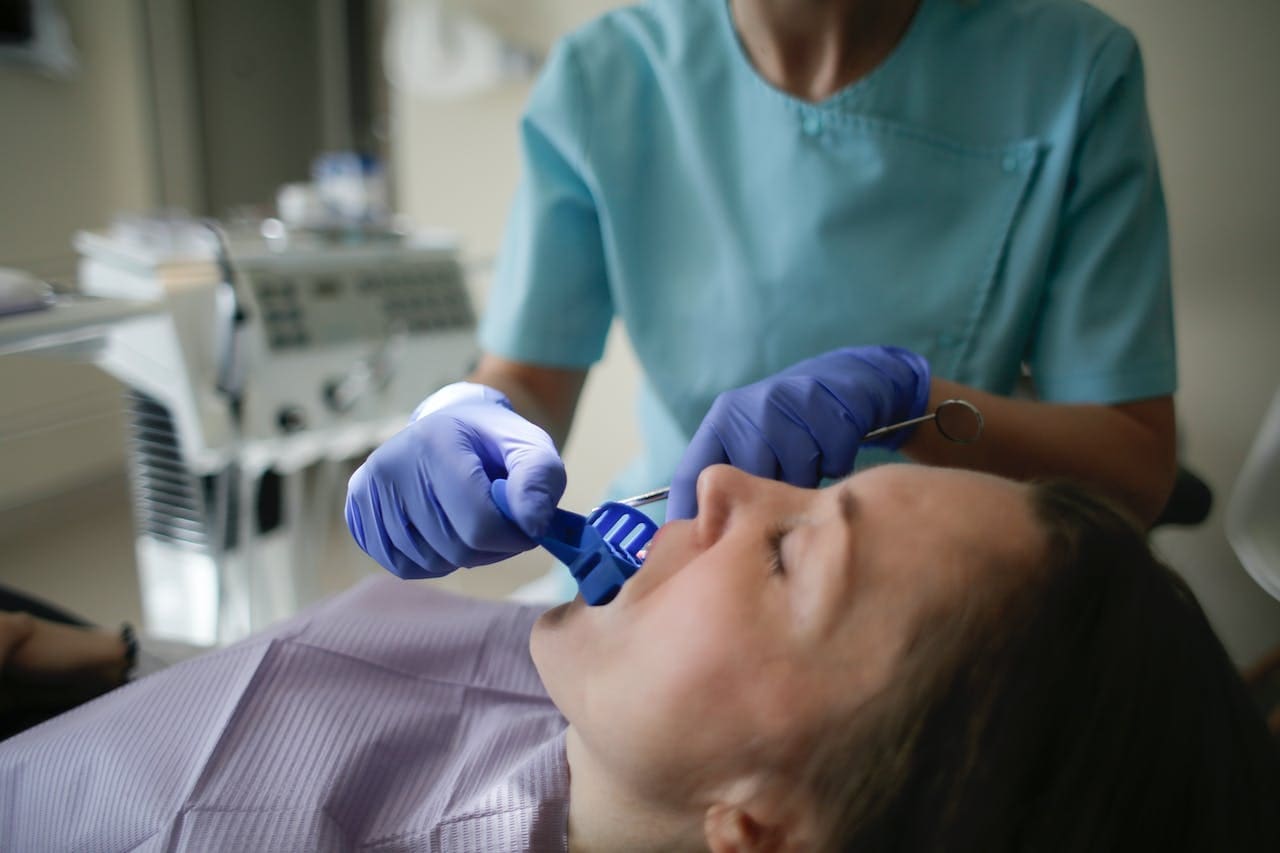In the realm of dental health, there are numerous myths and misconceptions that have persisted over the years, often causing confusion and misinformation. These misguided beliefs can lead to inadequate dental care practices, putting your oral health at risk. At Care Dental Implants & Invisalign Center, we believe that proper education is crucial for maintaining a healthy and radiant smile.
In this insightful blog post, we will tackle some of the most common dental health myths and set the record straight with evidence-based facts. By dispelling these misconceptions, you will be better equipped to make informed decisions about your dental care routine and fully understand the importance of maintaining optimal oral health. Stay informed and empower yourself to achieve a lifetime of healthy, confident smiles, courtesy of the expert team at Care Dental.
Myth: Sugar Is the Primary Cause of Cavities
Fact: While it’s true that sugar can contribute to the development of cavities, it’s not the sole cause.
Cavities form when bacteria in the mouth produce acid that erodes the tooth enamel. These acids are a result of bacteria feeding on various carbohydrates, not just sugar. Starchy foods, such as bread, pasta, and potatoes, can also contribute to tooth decay if not properly removed through brushing and flossing. Maintaining good oral hygiene, including regular dental checkups, is the most effective way to prevent cavities, regardless of sugar intake.
Myth: Brushing Harder Provides Better Cleaning
Fact: Contrary to popular belief, brushing your teeth harder does not equate to more efficient cleaning.
In fact, brushing aggressively can damage your tooth enamel and irritate your gums, potentially leading to gum recession and tooth sensitivity. The correct technique for brushing involves holding your toothbrush at a 45-degree angle to your gums and using gentle, circular motions to clean all surfaces of your teeth. It is also recommended to use a soft-bristled toothbrush to protect your tooth enamel and gums while effectively removing plaque.
Myth: Dental Health Does Not Affect Overall Health
Fact: Your oral health and overall health are closely interconnected.
Poor dental health can contribute to a multitude of systemic health problems, such as heart disease, respiratory infections, diabetes, and even pregnancy complications. Conversely, conditions like diabetes can also increase the risk of developing gum disease. Maintaining good oral hygiene and addressing dental issues promptly can positively impact your overall health and well-being.
Myth: Flossing Is Not Necessary If You Brush Regularly
Fact: Brushing alone is not enough to remove all plaque and food particles from your teeth.
Flossing is an essential part of a thorough oral hygiene routine, as it reaches the interdental spaces that your toothbrush cannot access. Neglecting to floss can lead to plaque buildup, which can result in tooth decay, gum disease, and bad breath. Dentists recommend flossing at least once a day to maintain optimal dental health.
Myth: Oral Piercings Are Harmless
Fact: Oral piercings, such as tongue and lip piercings, can pose various risks to your dental health.
These risks include chipped or cracked teeth due to biting on the jewelry, increased risk of infection, and damage to the gums when the jewelry rubs against them. Oral piercings can also cause difficulties in speaking, eating, or swallowing, and may result in allergic reactions to the metal materials used in the jewelry. Before opting for an oral piercing, it is important to understand and weigh these risks.
Myth: Frequent Snacking Is Harmful to Your Teeth
Fact: While frequent snacking can contribute to the development of cavities, it’s not the act of snacking itself that causes harm to your teeth.
Instead, it’s the types of snacks and the frequency of snacking on sugary or carbohydrate-rich foods that can lead to tooth decay. Consuming healthy, nutrient-dense snacks, such as fruits, vegetables, nuts, and whole grains, can actually benefit your dental health by stimulating saliva production and neutralizing acids in the mouth. Practicing moderation and maintaining proper oral hygiene can protect your teeth, even when snacking.
Myth: Teeth Whitening Damages Tooth Enamel
Fact: Teeth whitening treatments conducted by dental professionals or using approved at-home whitening products are generally safe and pose minimal risks to tooth enamel.
However, some over-the-counter products or DIY remedies may not be as safe and could potentially damage your tooth enamel if not used according to the manufacturer’s instructions or the guidance of your dentist. To ensure the safety and success of your teeth whitening treatment, it’s best to consult with a dental professional to find the most appropriate method for your specific needs.
Myth: Gum Disease Only Affects Older Adults
Fact: Gum disease, also known as periodontal disease, can affect individuals of any age, including children and teenagers.
The risk of developing gum disease depends on factors such as poor oral hygiene habits, genetics, underlying health problems, and lifestyle choices, like tobacco use. Maintaining a regular oral hygiene routine, including proper brushing, flossing, and regular dental checkups, can help prevent gum disease at any age.
Equip Yourself with Dental Health Knowledge at Care Dental
In conclusion, debunking common dental health myths and understanding the facts is essential in maintaining a lifetime of healthy, radiant smiles. Misconceptions about oral hygiene, dental treatments, and dental health risks can lead to improper care and a decline in overall oral health.
At Care Dental Implants & Invisalign Center, our dedicated team of professionals is committed to providing patients with evidence-based information and high-quality dental care. Don’t let myths stand in the way of your dental health journey. Schedule a consultation with our Quincy dental care specialists to discuss your concerns and receive personalized advice on maintaining optimal oral health. Trust Care Dental to guide and support you in achieving and maintaining a brilliant, confident smile for life.


